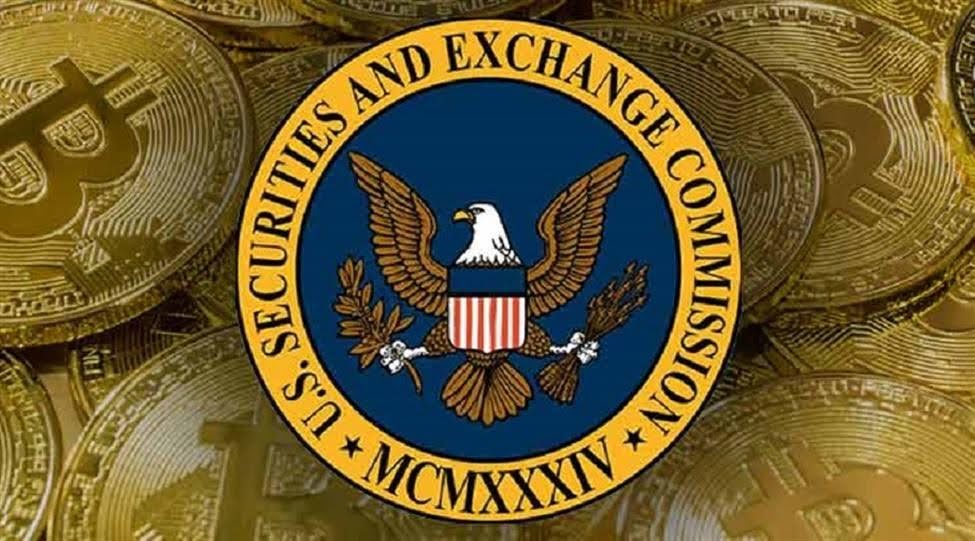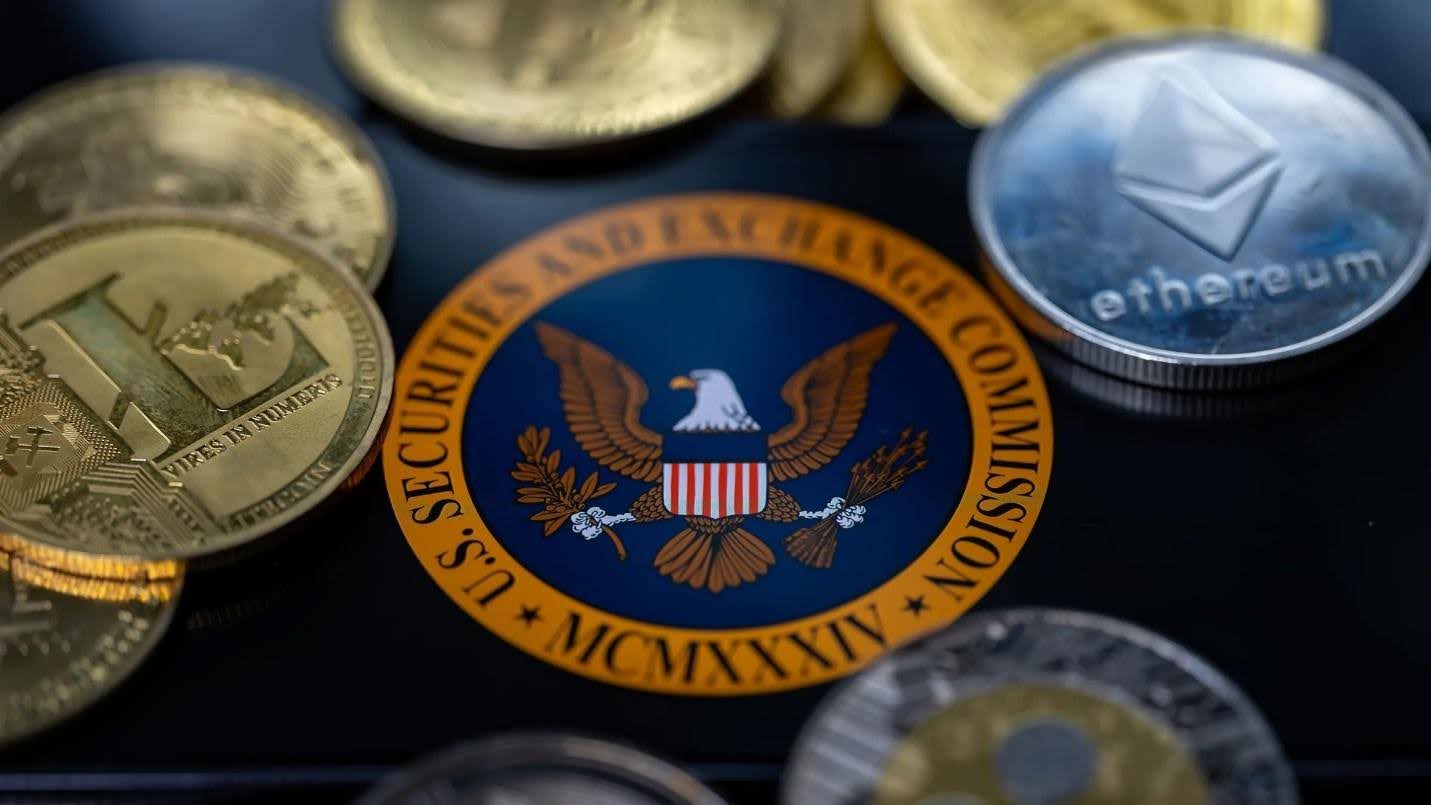SEC Uncovers $110M Crypto Scandal: Unicoin’s ‘Asset-Backed’ Claims Fall Apart

Key Takeaways:
- SEC charges Unicoin and executives over $110M in allegedly fraudulent crypto offerings.
- Over 5,000 investors were misled with claims of asset-backed tokens and SEC registration.
- Unicoin’s aggressive marketing campaign painted an illusion of safety and scale.
The U.S. Securities and Exchange Commission (SEC) has taken decisive action against Unicoin, a New York-based crypto firm, and its leadership. Accused of orchestrating a sweeping $110 million fraud, Unicoin allegedly deceived thousands of investors through false promises about asset backing and token legitimacy.

Read More: Hacker Jailed for Triggering $3,000 Bitcoin Swing in SEC X Account Breach
SEC Files Charges Against Unicoin and Executives
The SEC filed a complaint in the U.S. District Court for the Southern District of New York on May 20, 2025, naming Unicoin, Inc. and three of its top executives—CEO Alex Konanykhin, board member Silvina Moschini, and former CIO Alex Dominguez—for violations of federal securities laws. The firm’s general counsel, Richard Devlin, was also implicated for misleading disclosures in private placement documents.
The case centers on the marketing and sale of “rights certificates”—documents that supposedly guaranteed investors future Unicoin tokens, claimed to be backed by a diversified portfolio of international real estate and pre-IPO equity.
But according to the SEC, those assets barely existed.
Misleading Claims: The Heart of the Fraud
Unicoin allegedly pushed a narrative that its tokens were:
- “Asset-backed” by billions of dollars in real estate and pre-IPO equity
- “SEC-registered” or otherwise U.S. government approved
- Part of a $3 billion raise—when in reality, only $110 million was raised
The SEC states that these assertions were designed to create a sense of legitimacy and security, which encouraged over 5,000 retail investors to buy in.
“The real estate holdings Unicoin promoted were worth only a fraction of what was advertised,” said Mark Cave, Associate Director of the SEC’s Division of Enforcement. “This case is about trust abused at scale.”
High-Impact Marketing Fueled Investor Frenzy
Unicoin’s promotional blitz spanned airports, thousands of New York City taxis, TV broadcasts, and social media platforms. These campaigns labeled the investment as the “next generation of crypto,” playing on public appetite for digital assets that seemed both innovative and low-risk.
Despite not registering its offerings, Unicoin positioned the certificates and tokens as fully compliant with U.S. regulations. The SEC alleges that CEO Konanykhin personally sold over 37.9 million rights certificates to investors who were specifically prohibited from participating under existing exemptions.
Legal Fallout and Industry Repercussions
If the court rules in the SEC’s favor, Unicoin and its executives could face permanent injunctions, director bans, and hefty financial penalties. The agency is also trying to get back the money that was supposedly made through the fake deals.

It is interesting that general counsel Richard Devlin agreed to a settlement of $37,500 without saying he did anything illegal or not. This action shows how serious the matter is and how hard the SEC is working to make sure people are held accountable.
The rules about cryptocurrencies in the US are changing right now, which is why this case is happening. The Securities and Exchange Commission’s pursuit of Unicoin sends a clear message: they will not put up with fake offers, especially those that target regular investors. Even while some enforcement proceedings, like those against Coinbase and Ripple, have been disdmissed, this is still true.
Read More: SEC Puts Grayscale Litecoin ETF on Hold: Key Decision Now Pushed to Late 2025
SEC Reasserts Control Amid Market Uncertainty
While the broader crypto market remains in a regulatory gray zone, this case signals that certain lines—like misrepresenting asset backing or falsely implying SEC approval—will trigger aggressive enforcement.
For investors and projects alike, the Unicoin case serves as a stark reminder: marketing hype cannot override legal obligations. And in an industry still fighting for credibility, the consequences of deception are growing more severe.
The post SEC Uncovers $110M Crypto Scandal: Unicoin’s ‘Asset-Backed’ Claims Fall Apart appeared first on CryptoNinjas.
